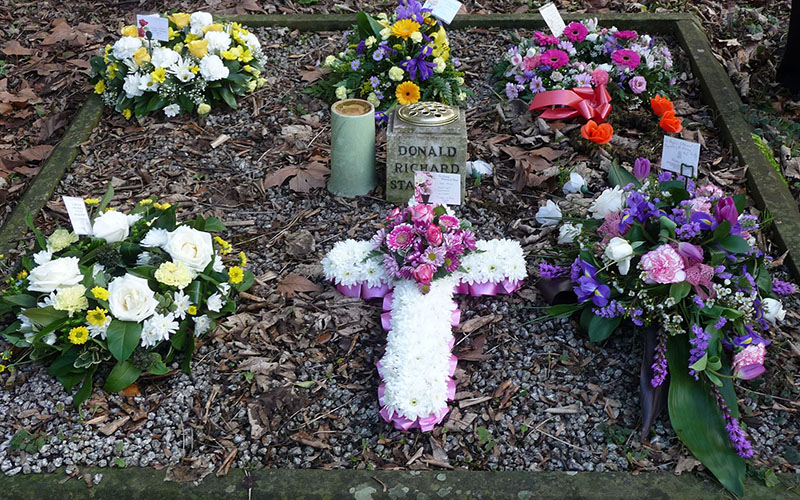
Federal rules require funeral homes to give a full accounting of costs for cremations – something not all do, according to a new survey, but Tucson funeral homes fared well in the report. (Photo by damo1977/Creative Commons)
WASHINGTON – Tucson “stacks up fairly well” in a recent report on potentially misleading pricing policies for cremation services, with all but one of the city’s funeral homes surveyed found to be in compliance with federal rules.
The Funeral Consumers Alliance and the Consumer Federation of America looked at 142 funeral homes in 10 cities across the country and found that more than 30 were not following the Federal Trade Commission’s “funeral rule” that requires full disclosure of cremation costs and options.
The report, released last week, said that all but one of the 15 homes looked at in Tucson appeared to meet the FTC regulation, and the one that did not has since corrected what its owner called an oversight. By contrast, 13 of 18 funeral homes in Atlanta were found wanting.
While the report’s authors called the findings “very troubling,” an official with the Arizona Board of Funeral Directors and Embalmers said he did not consider the study’s results “staggering.”
Gary Hendrix, the licensing administrator for the board, said any failure to meet FTC rules was likely not done on purpose.
“Anytime you have incorrect information on your general price list, it could occur for any amount of reasons,” Hendrix said. “Maybe they changed their pricing or maybe whoever does their general price list got something incorrect.”
The report also showed that Tucson had among the lowest posted prices in the nation for a direct cremation, ranging from $589 to $2,295. Washington, D.C., was costliest, with prices quoted from $1,295 to $7,595.
The funeral rule allows consumers to get an itemized list of all costs associated with services from a funeral home and requires that funeral homes sell only what the consumer wants – which can include accepting a casket, for example, that was bought somewhere else. Or no casket at all, in the case of a cremation, when an “alternative container” can be used.
The report by the consumer groups found that 33 of the funeral homes they looked at did not give consumers all the options for a direct cremation and, in some cases, only offered a package of bundled services for families to buy.
The groups also said that 31 of the funeral homes’ prices did not include the actual cost of cremation because that was handled by a third party, not the funeral home itself. The cost of cremation is added on to the bill later.
Joshua Slocum, the executive director of the Funeral Consumers Alliance, compared it to a hospital offering “a particular kind of surgery at a particular price, and then after you have the surgery you look at the bill and you’d see that there’s a fee of millions of dollars more for the actual surgeon to perform it.”
The consumer groups called on the FTC to reopen the funeral rule to ensure that cases like that don’t happen, and to require that prices be displayed on funeral home websites.
Currently, funeral homes are required to provide an itemized price list to potential consumers who visit in person or to provide detailed prices over the phone – even if the consumer does not identify him or herself. Some do post prices online, but it is not now required.
The Tucson facility cited by the consumer groups for failing to list direct crematory prices and options – an issue that Hendrix said was fixed after he inspected the business in April and informed it that it was not complying with FTC rules by not having a price range of direct cremation services on their general price list.
“They did send me a general price list with the corrections on it,” Hendrix said. “By our standards they are in direct compliance with us.”